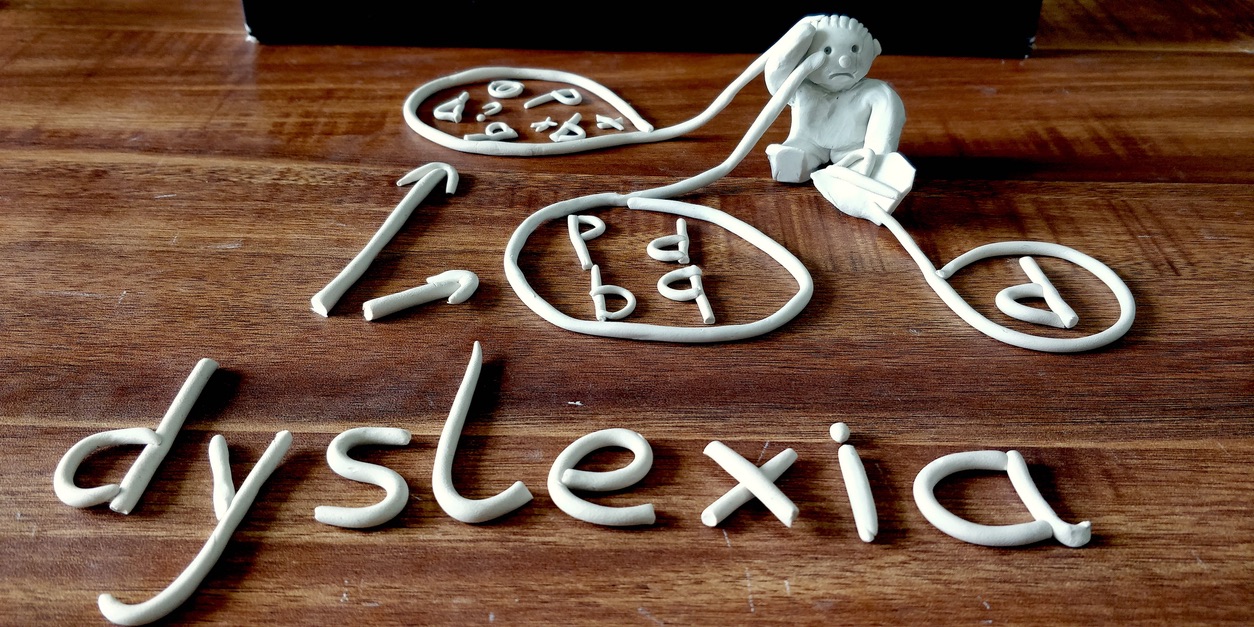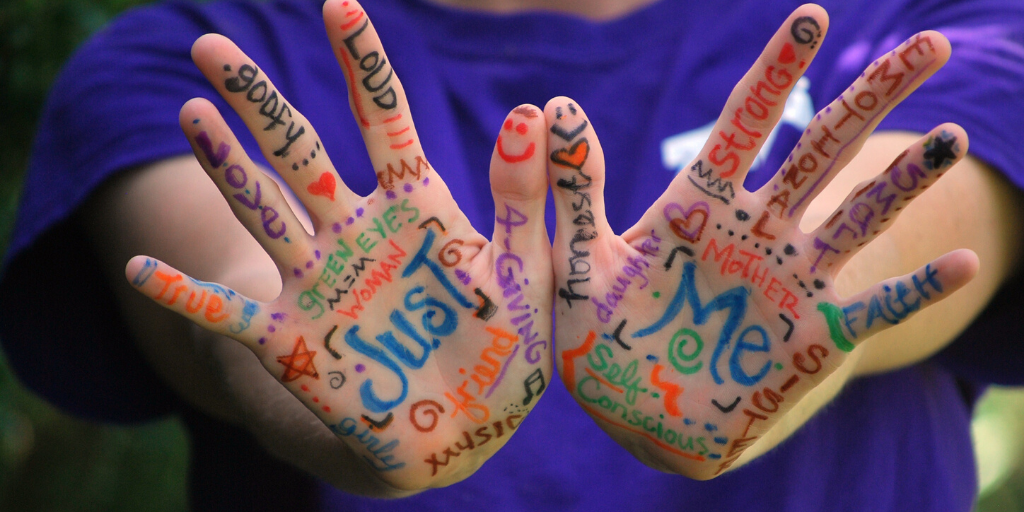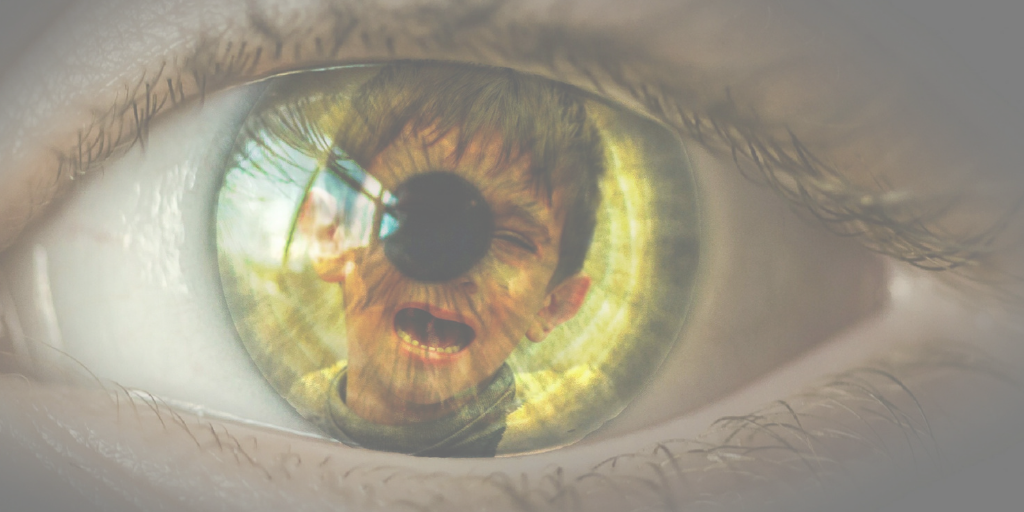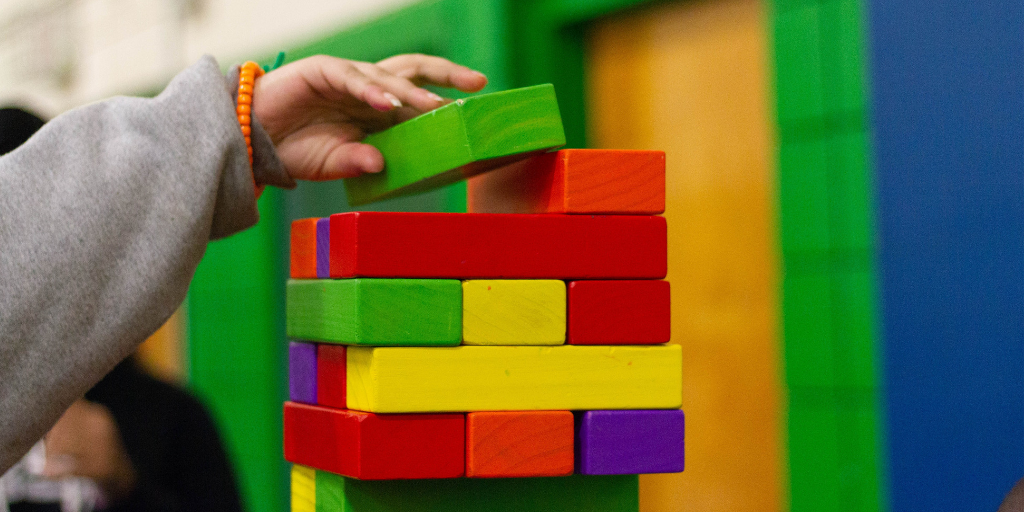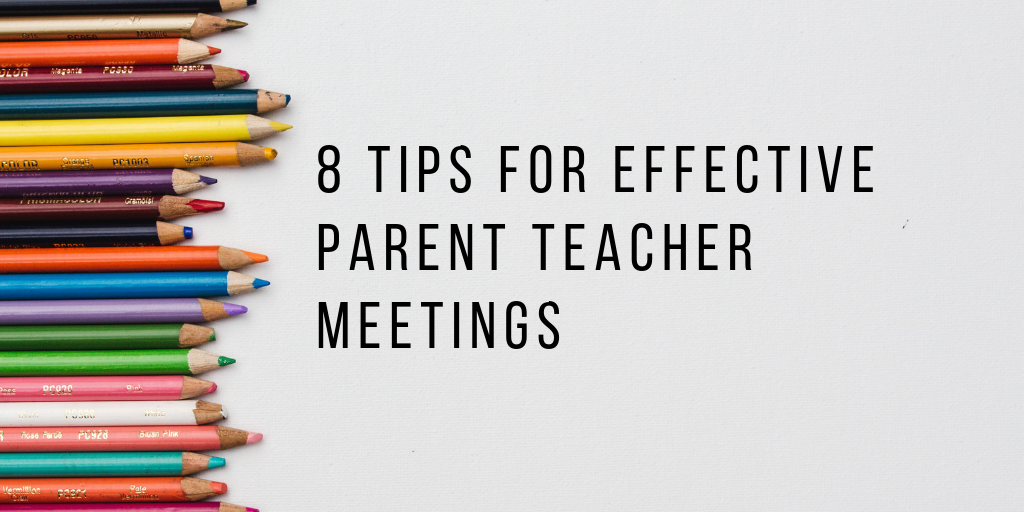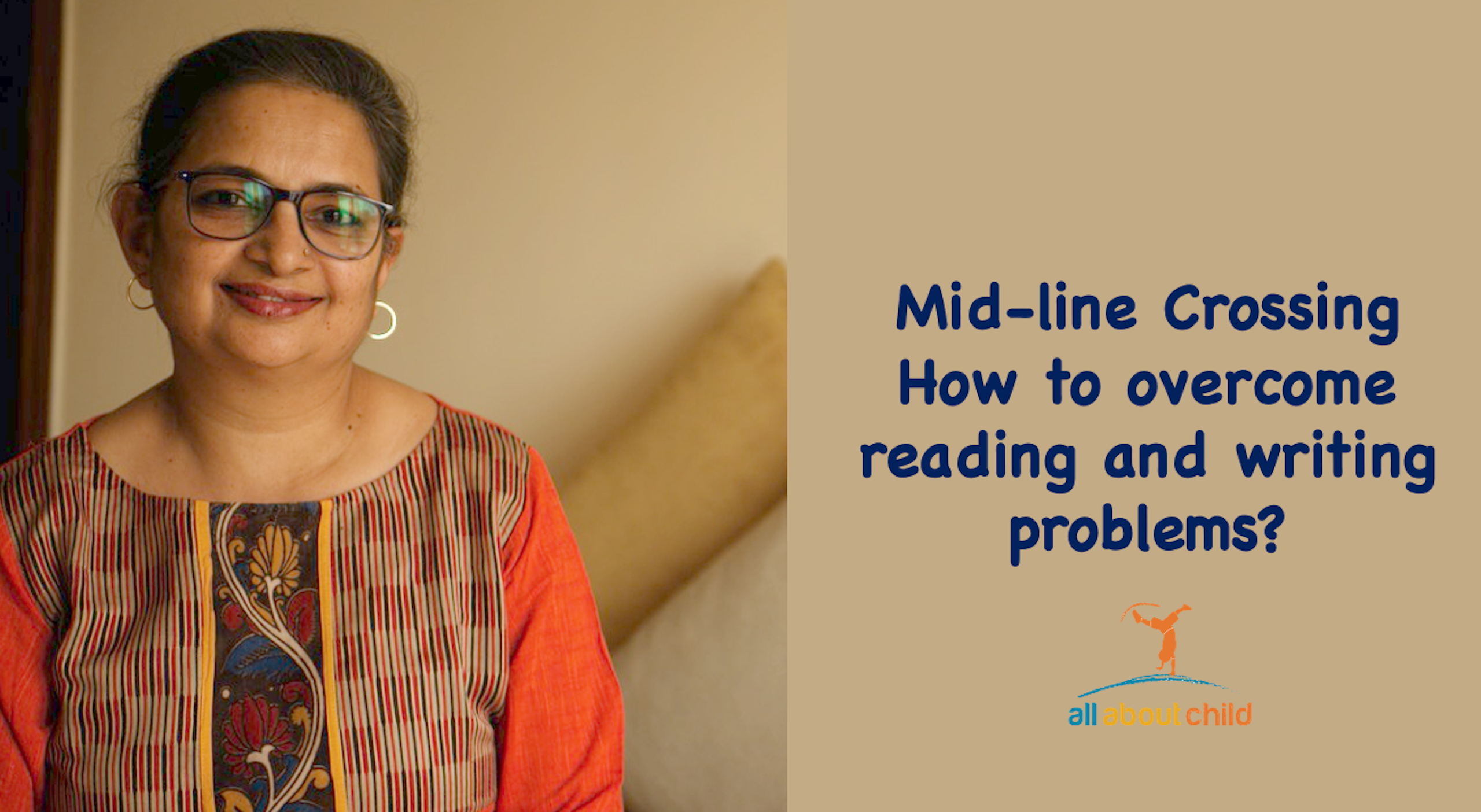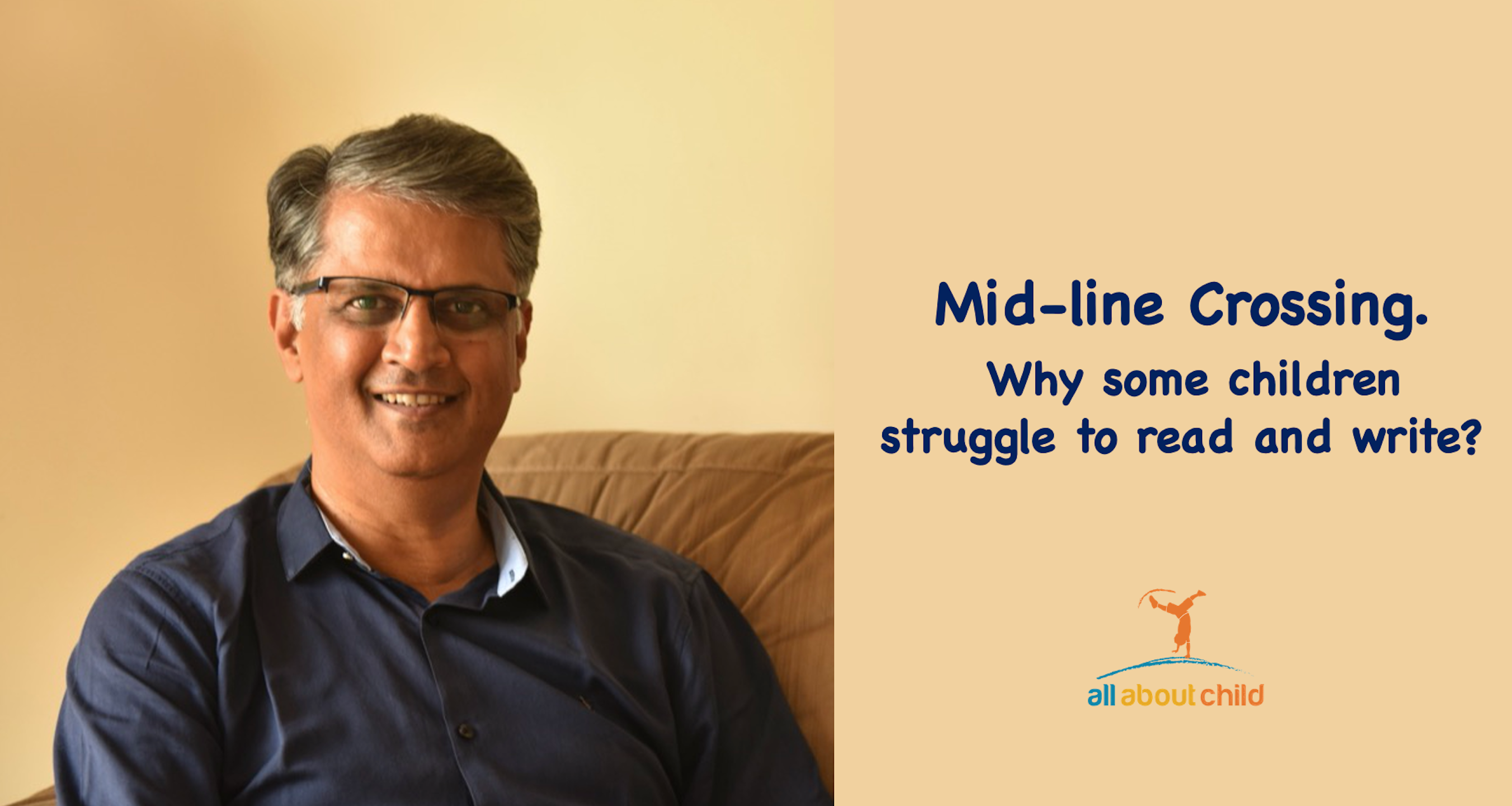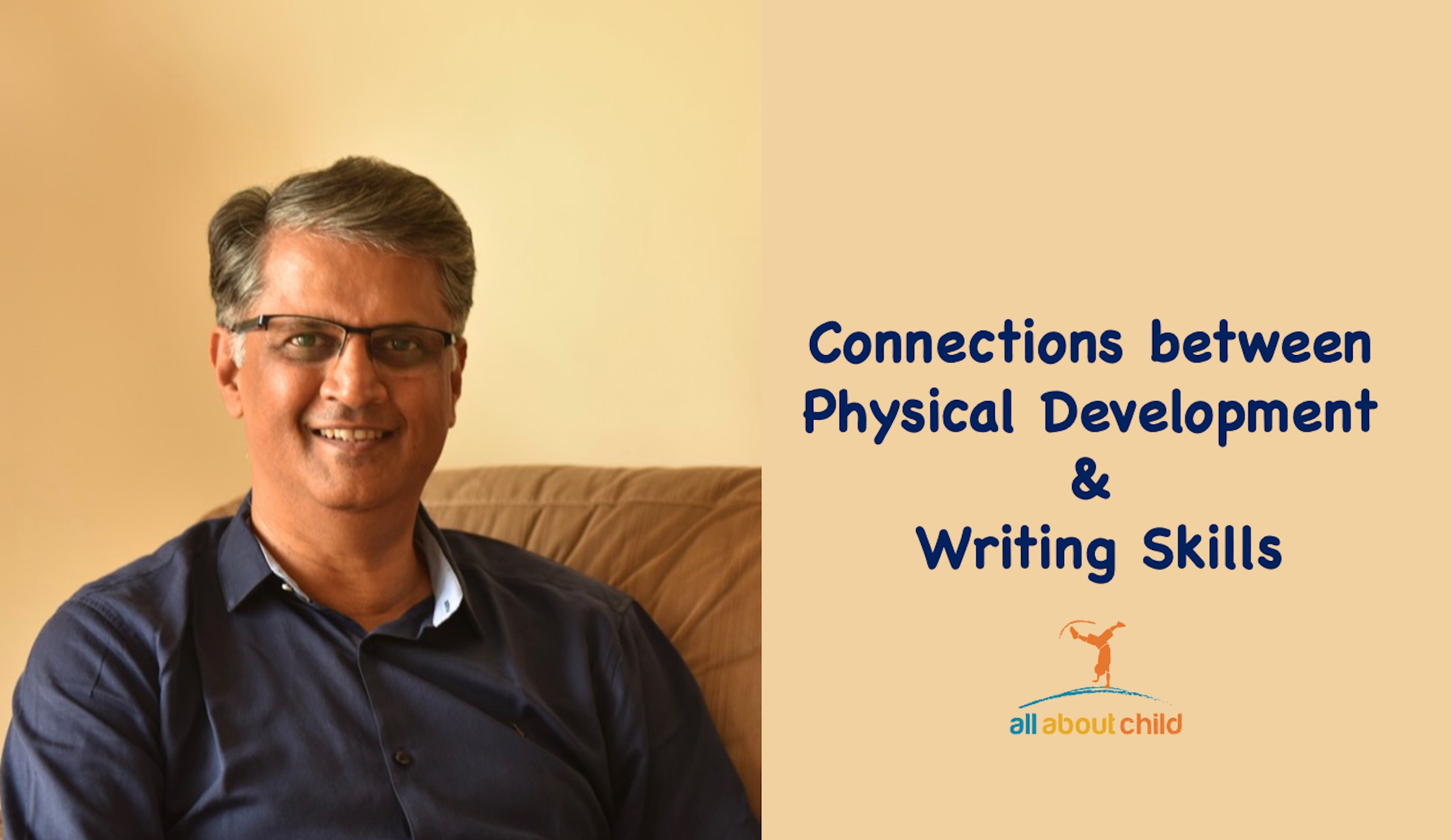Play is the work of childhood. Toys that encourage children to explore, interact with others, help build fine motor skills are the kind of toys parents should look at buying for their child. The market today is flooded with toys and parents are spoilt for choice. Do parents really think of the “child” when they are buying toys? Many a times parents choose to buy those toys that ‘they’ wish to explore and play with. Nothing wrong with that. Just do not expect the child to be as interested too. Parents should pick-up those toys that will interest the child. In this article let’s explore what toys to avoid and what are those good toys that will enable a child to learn and enjoy.
Toys to Avoid consciously:
Blinking and beeping toys: Toys that blink and beep can hold the children’s attention for a very short time. The next thing children wants to do is explore how it sounds when banged on the floor, on the wall, and on the furniture. A very young child who is exploring objects with all their senses will also mouth it to feel the texture and taste through their mouth.
Plastic toys: These toys last long but they fail to connect the child to nature and eco-friendly materials. Young children tend to mouth objects and you sure do not want your child to be tasting material that is processed, colored and tends to carry microbes easily.
Mechanical Toys: Parents should note that the mechanical toys will engage a child for a short time. Do not stop the child from breaking the toy to explore the working mechanism of the toy.
Replicating toys in school: Most of the neighborhood preschools today are equipped with all the essential learning tools including toys. It is best for parents to avoid buying the same or similar toys at home and avoid children losing interest in school.
Toys that represent violence: Parents should be aware that toy-guns, battle ships, pistols glorify violence. Young minds are very impressionable, and it is best to avoid buying these toys.
Parents should also avoid buying toys with sharp edges and small pieces that can lead to chocking hazards.
Toys every parent should buy
Parents should choose to buy those toys toys that will spark the child’s imagination and help develop a sense of wonder that can give endless fun for all age groups. Children do not need expensive toys to keep them engaged. If you notice, a toddlers first choice of play things are the utensils in the kitchen. Have you ever thought why this is so? Children are great imitators, and this is how they learn. They watch their parents indulge in the act of preparing meals and hence the utensils are a great attraction.
Wooden Blocks: Wooden blocks are the most versatile and open-ended toy that I have come across. It gives endless pleasure to both adults and children. Fine motor skills, coordination, spatial awareness, pre-mathematical skills are some of the skills children develop when indulging with blocks.
Toys made with natural materials: Wooden toys, clay toys, cane toys are some of the natural materials used to make toys. Drive down to the village/ smaller towns where it is a common sight to find children playing joyfully with toys made out of sticks or wood. The toys may not be exact replicas of the real objects but have a symbolic representation. Parents should note that wooden animals with not much detailing are extensively used in the Waldorf schools[1].
Gender Neutral toys: It is not uncommon for parents to buy toys that are gender specific. Parents should consciously avoid gender stereotyping. Parents should let the child to make the choice and avoid discouraging a boy child from picking up a doll or a girl child from picking up a truck or a tech toy. Dolls, kitchen equipment’s, doctor kits, fireman’s kits are great for roleplaying and building language skills.
Playdough is another versatile textured toy that can fascinate both adults and children alike.
Board games are great to encourage turn taking, following rules, interacting with peers, problem solve and spend time away from the screen and interact with adults as well.
Toys that help build hobbies: Stock up your house with paints, art and craft materials. Most parents avoid these activities as they can be messy and requires adults to oversee the activity. This may be the case only in the beginning when you are introducing your child to these activities. The more exposure children get to these activities the more independent and confident they become in using this stuff safely. Take a walk in the park and collect stones, seeds, leaves and make a collage.
Last but not the least, children enjoy the company of the parents the most. Toys cannot replace parents. The joy of playing multiplies when parents get involved in their children’s play with or without toys.
[1] Waldorf education, also known as Steiner education, is based on the educational philosophy of Rudolf Steiner, the founder of Anthroposophy. Its pedagogy strives to develop pupils’ intellectual, artistic, and practical skills in an integrated and holistic manner.

